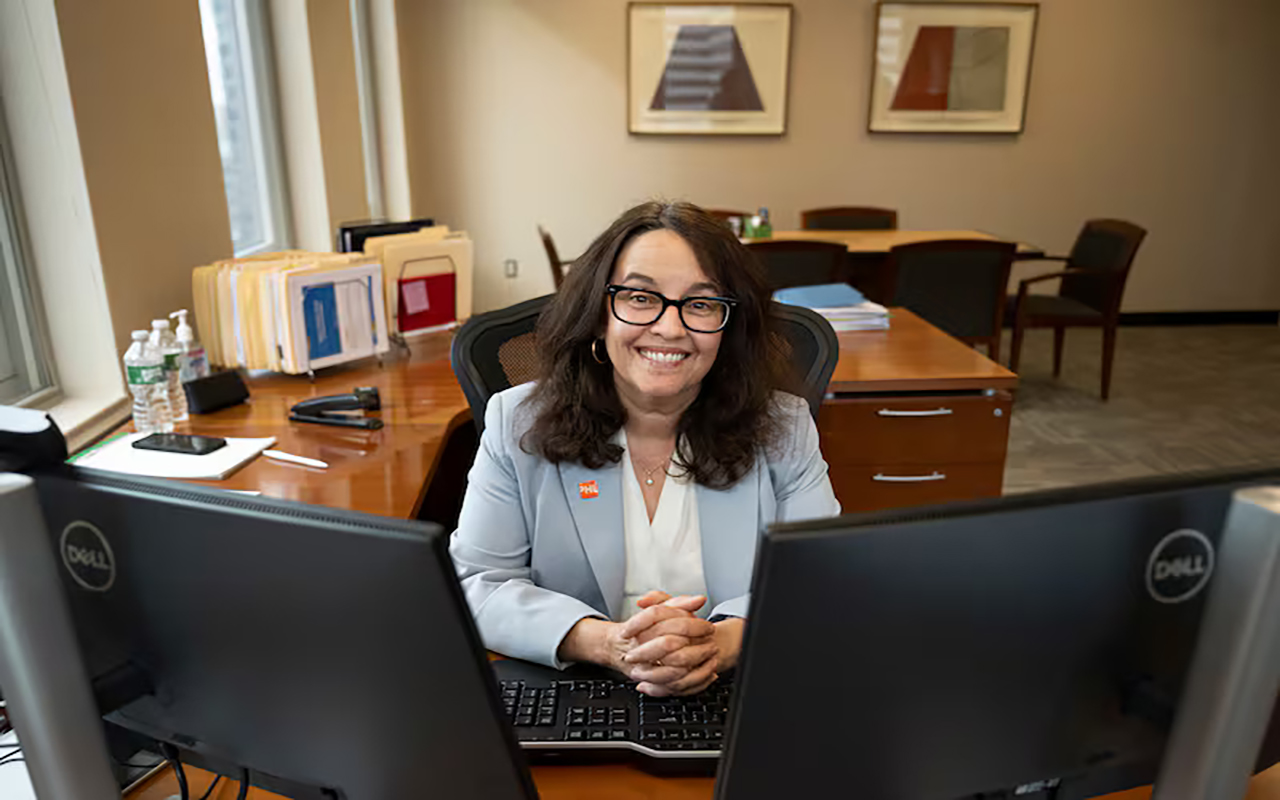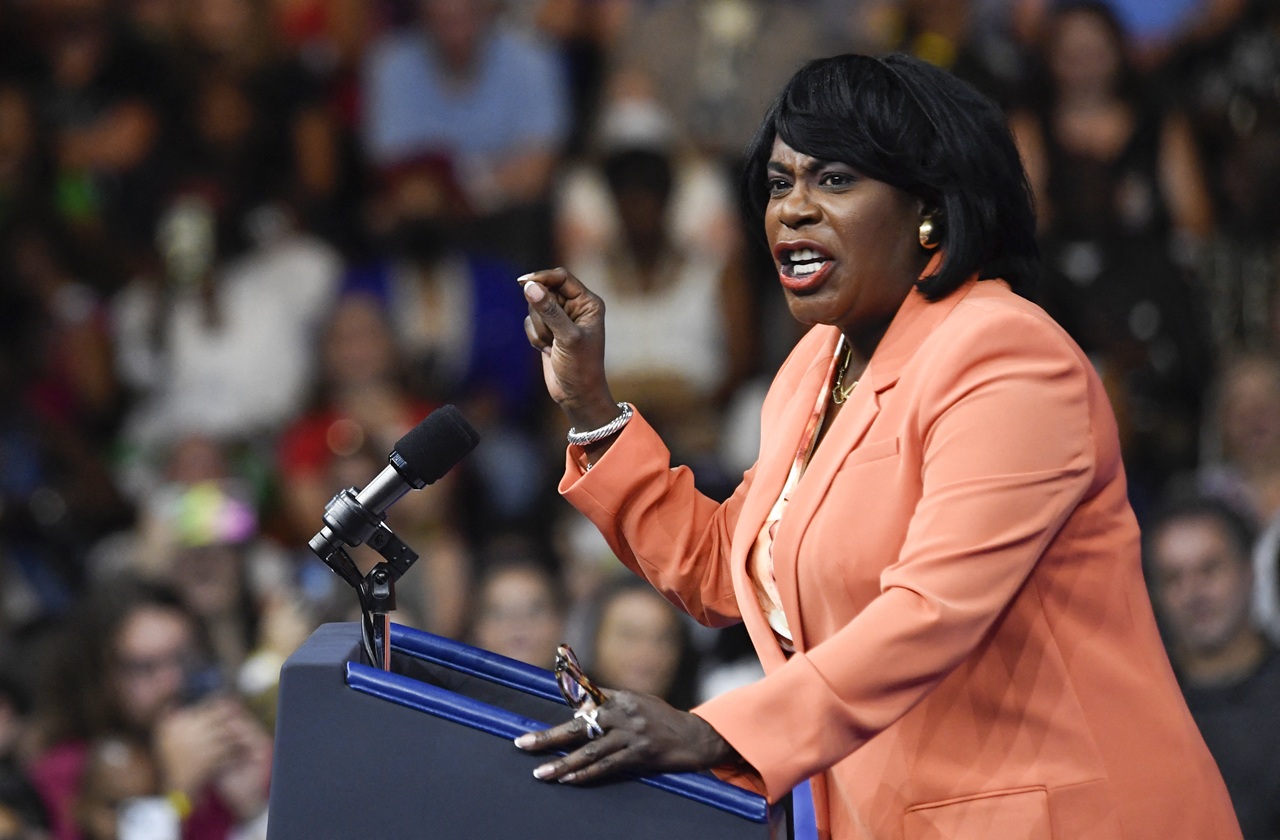
The audacity of Latino Lines and the rise of the Latino candidate
It started with the last Census numbers. State officials woke up to a new demographic reality and states like Texas, Florida, Virginia, Illinois and…
It started with the last Census numbers. State officials woke up to a new demographic reality and states like Texas, Florida, Virginia, Illinois and Pennsylvania would become embroiled in an ugly fight over redistricting.
“For us work had just begun. We had the census numbers on our side but they were going to steal the stuff anyway which they openly went to do. I don’t think is an accident that Pennsylvania was one of the most embattled communities nationwide but we had company. There was crap going on in five to eight states who were in as much trouble, being attacked as we were,” said Wynne Alexander, founding member of Latino Lines Coalition.
The group was created in 2011 to defend a just redistricting process that would protect the Latino community’s representation. In collaboration with Latino Justice PRLDEF the legal fight reached the Supreme Court of Pennsylvania with the political representation of Latinos in play in Legislative Districts 180, 197 and 179, as well as Senate District 2.
“You cannot trust that they are going to do the right thing. The party is going to do what is good for the party. We went through the same struggle over 20 years ago, but without the help of technology,” said Edgardo Gonzalez, member of Latino Lines. “Now since the very first meeting we had I was very vocal and said ‘we are not going to wait’. We need lawyers we are not wasting our time.”
No legislator in Harrisburg and no state court could have predicted the long battle they were about to experience.
“I don’t think Latinos were expected to come out early enough in February with maps when not even the House was thinking of redistricting,” said Miguel Concepcion, another member of Latino Lines. “A lot of people underestimate the ability of Latinos to be able to (show) substantial and real numbers, and so no one was expecting us to be ready to attack and ready with factual (information).”

Less than three years later, the regional political landscape has expanded to make way for new Latino names that have challenged the political pragmatism that has so long prevailed in Pennsylvania — a process that has resulted in a historic mayoral race in Philadelphia with two possible Latino candidates.
Before the Philadelphia primary election Latino candidates had made history outside the city. In 2010 Frank Acosta became the first Latino council president of the city of Reading. He was followed by Julio Guridy, a Dominican, who after two terms as a councilman in the city of Allentown also became the first Latino council president.
Then in 2012 for the first time in the history of Pennsylvania, a Latino mayor was elected. José Rosado became mayor of Feltonville in January of that year.
But despite the electoral victories, the coalition says that even after presenting the new maps, many bet there would be no Latino candidates to run for office.
However the outcomes in last year’s elections prove otherwise. Rep. Angel Cruz for the second time had a candidate challenge his seat in the legislature. District 197 had not one but four Latino candidates, including incumbent JP Miranda, elected candidate Leslie Acosta, Ben Ramos and Danilo Burgos.
“The 22nd State Legislative District had Panamanian-American Tatiana Tooley. Everywhere where we crafted a map had Latinos running and now (we have) the opportunity to have two Latino mayoral candidate with Ken Trujillo and possibly Judge Nelson Diaz,” Concepcion said.
Now the question is whether the new candidates will be enough of a motivation to prompt Latino voters out of their homes and to the polls on May 19.
“When Latinos face an issue that affects them, Latinos vote. How did Maria Quiñones win, how did Angel Cruz win? Because the community see themselves and the opportunity to advance. That is why gerrymandering works dissolving the power," Gonzalez said.
“It is important to understand what the candidate is bringing into the conversation, whether he is Latino, white or Black. What are you going to do for our community?” Concepcion added.
Another concern is that any candidate of Latino descent is seen only as a candidate exclusively running in a Latino race.
“As Latinos, we first of all are from where we come from. You are Mexican, you are Colombian, you are Puerto Rican. There is that individuality that at times hurts us, because if we could rally around the right Latino candidate, it shouldn’t matter where they came from, it should matter that they represent Latinos as a whole,” Concepcion said.










LEAVE A COMMENT: